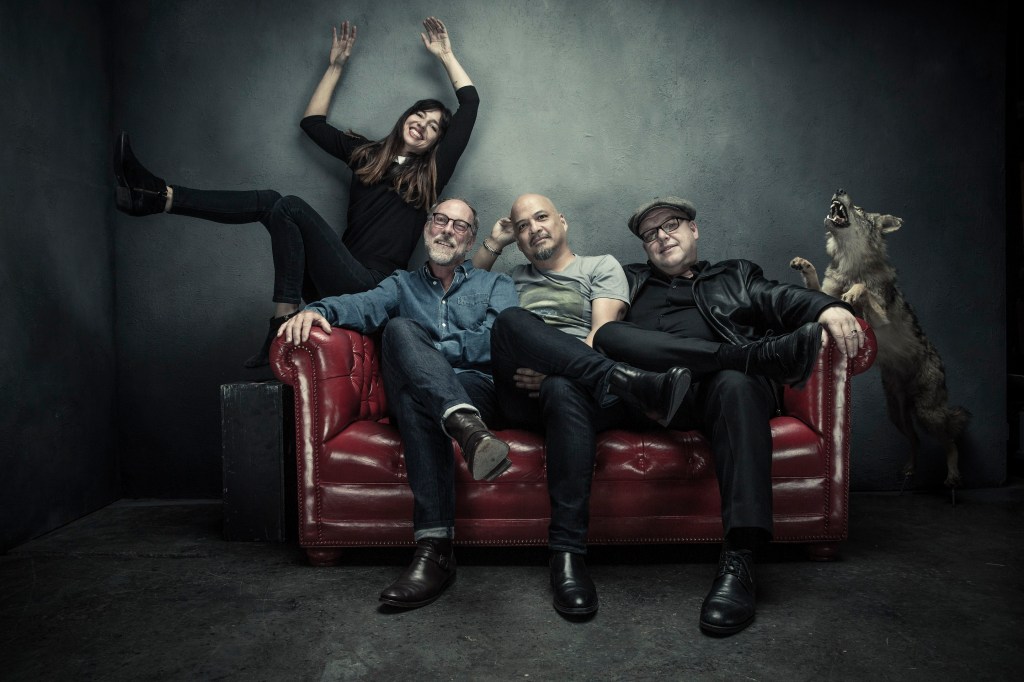If you’ve ever been drawn to guitar music that wanders from conventional straightforwardness and down a more angular, peculiar path, then you’re indebted in one way or another to the Pixies. There’s no minimising the legacy of these indie-rock icons – through classic albums such as Doolittle and Surfer Rosa, as well as world-renown anthems like Where is My Mind? and Debaser, the…

The festival landscape has undergone major upheaval in the last three years, and Covid’s long-term impact on the music industry…











